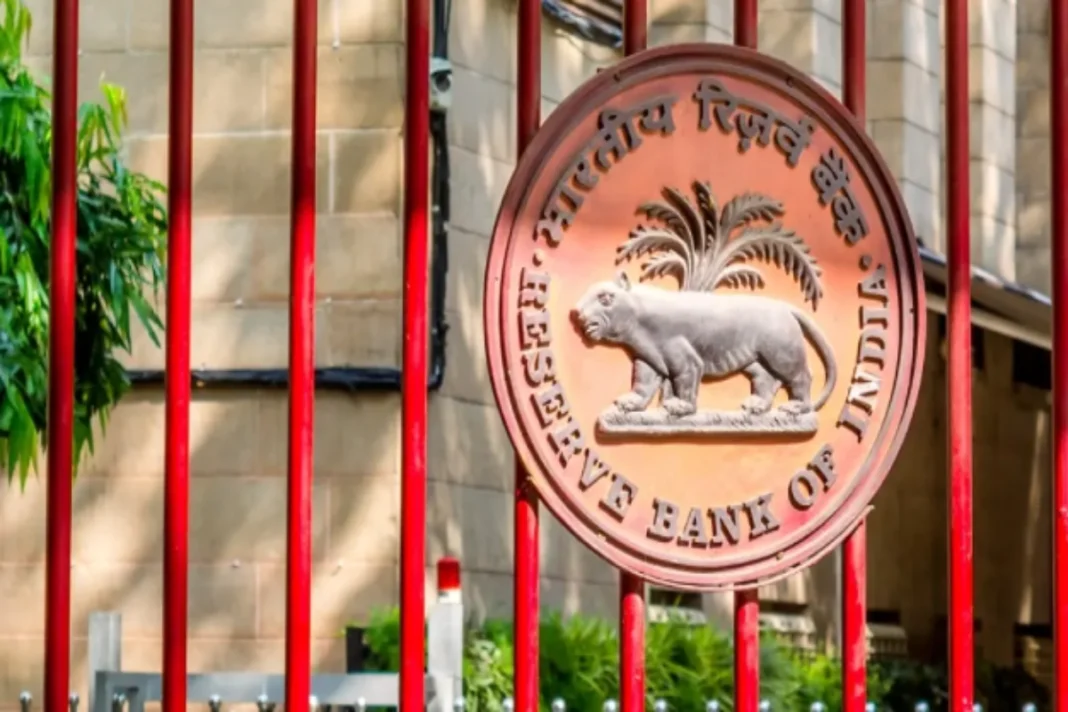RBI: Following the central bank’s announcement on Tuesday of broad investment curbs intended to prevent the evergreening of questionable corporate loans, provisioning at a few banks that had previously been keen on investing in Alternative Investment Funds (AIFs) could spike, while institutional flows into these aggressively managed pooled corpuses face disruption risks.
Central Bank’s Intent
The notification is intended to curb window dressing of loan books and evergreening efforts by a few lenders,” said Hari Hara Mishra, CEO, Association of ARCs in India. “The guidelines address conflict of interest by putting loan and investment transactions at an arm’s length. Proper recognition of a non-performing asset (NPA) is the first step toward faster resolution,” he added.
Halting Dubious Asset Transfers
In order to stop dubious asset transfers, banks and NBFCs are not allowed to invest in AIFs, according to a Reserve Bank of India (RBI) circular published on Tuesday. Big banks and NBFCs that invest in AIFs will be impacted by this. “This is bound to impact AIFs’ ability to raise funds from such investors,” said Bharathan. Because AIFs must now share the list of contributing lenders in a loan relationship with a recipient of AIF investments, they will now experience the cascading effect of these curbs on their portfolio entities.
Strategic Portfolio Selection
Funds may also choose fewer portfolio entities because they are unlikely to invest in new entities where a lender is also a regulated entity investor or where a lender is already a potential investor. According to Jefferies, IIFL and Piramal Enterprises have ₹1,100 crore (2% of AUM including AIF) and ₹4,500 crore (7% of AUM) in AIF investments, respectively. “These AIFs have investments in debtor firms, but the investments are mostly in accounts where Piramal Enterprises and IIFL have exposure preceding the last 12 months,” the report said.
Restrictions on Debtor Firm Investments
“Investment in debtor firms where PIEL/IIFL had any exposure in the last 12 months may be limited, per our understanding.” However, the Jeffries report states that the impact to Piramal and IIFL’s net worths could be 10% and 8%, respectively, if they have to cover all of their AIF exposures, including the pre-12 months. If banks or NBFCs invest in an AIF and then go on to invest in a debtor company, they have 30 days to liquidate their investments, according to the RBI.
Keep watching our YouTube Channel ‘DNP INDIA’. Also, please subscribe and follow us on FACEBOOK, INSTAGRAM, and TWITTER


